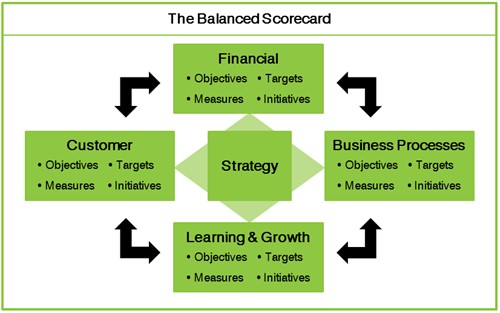Measuring and monitoring business success
As accountants we are often preoccupied with measuring and reporting on past performance. It may have been a profitable year which we usually consider successful or it may have been unprofitable which we usually view more grimly. We're often very good at looking at where we've been. However, how often do we look forward to see where we want to go?
We recently ran a workshop on Key Performance Indicators (KPIs). The course focused on the identification, measurement and calculation of common financial performance ratios and percentages - the basic premise being that if you can't measure it then you can't track it.
KPIs are useful historical indicators to track which specific areas of your business are performing and which are not. The usual financial KPIs focus on financial performance, cash flow, business stability and return on investment.
KPIs such as gross profit percentage and debtors days can be compared against historical results and trends to reveal if your business profit and/or cash flow have improved from one period to the next. However, how do you know just from KPIs whether or not you're actually heading in a long-term direction that will lead your business to success?
If you know where you want to be then you need a strategy to get there. At its most basic, business strategy is about setting a path that gets you to a future desired outcome. KPIs in themselves are not helpful in measuring the success of your strategy. To be useful they must be intrinsically linked to it...
I would like to introduce a well known, yet often underutilised tool that gives you the ability to make this linkage - the Balanced Score Card (BSC).
The beauty of the BSC is that if used correctly it combines operational KPIs with strategic and long-term business goals. The BSC breaks operating areas down into four key elements. It then links these elements to your businesses' overall strategy.
The Key areas of focus are:
- Financial
- Customer (external focus)
- Business process (internal focus)
- Learning & growth

Once you we have a clear strategy for your business we can help you identify key operational KPIs under each functional area that help you get there.
For example, a manufacturer's strength may depend on its production process becoming as lean as possible. The number of broken parts and wastage would be a big concern. Under Business Processes, we could assist you to set a maximum tolerance percentage for the amount of parts thrown away or unusable.
For obvious reasons customer satisfaction is one of the most important elements of the BSC and yet also one of the most difficult to measure. That's because human satisfaction is a subjective matter - one which is not always fully explained through the use of metrics or KPIs.
However, they can still be used, and used to great effect. To identify appropriate KPIs, you must understand how customers interact with your business and what matters most to them. Some common measurements for customer satisfaction include product return percentages and/or the number of customer complaints received. Larger businesses often carry out surveys and measure customer satisfaction against predefined KPI indexes.
Other customer focused KPIs can help you determine which customers you want to keep and those you don't. For example a customer profitability KPI will tell you which customers add the most profits to your business.
Some questions and issues to consider when designing an effective BSC:
- Is the information readily available and is it measureable?
- Are the KPIs something that your staff and management have influence over?
- Do the KPIs have staff buy in? Are they achievable?
- KPIs shouldn't be unachievable, likewise they shouldn't be too soft either.
- Ultimately if we achieve all of our KPIs will we be any closer to achieving our overall business strategy?
A good BSC needs to be like a good Strategic Plan in that it must be engaged with regularly and understood by all involved. It can't be left in a vault somewhere to gather spider webs.
At this point some of you may be thinking that using a BSC is something you could use in your business. Here at TvA we are confident that even the smallest of businesses can develop effective Balanced Score Cards to improve their future business performance.
So how is your business tracking? Please contact us today if you want to learn more about developing an effective strategic plan and BSC for your business that fits with your future plans and goals.
Adrian Ferris is a qualified Chartered Accountant, managing TvA's Commercial Team.
PS Would you like to talk through your options face to face?
If you have any questions related to Balanced Score Cards, KPIs, or Strategic Plans send us an email at askme@tva.co.nz or contact Adrian on 03 578 3386.
